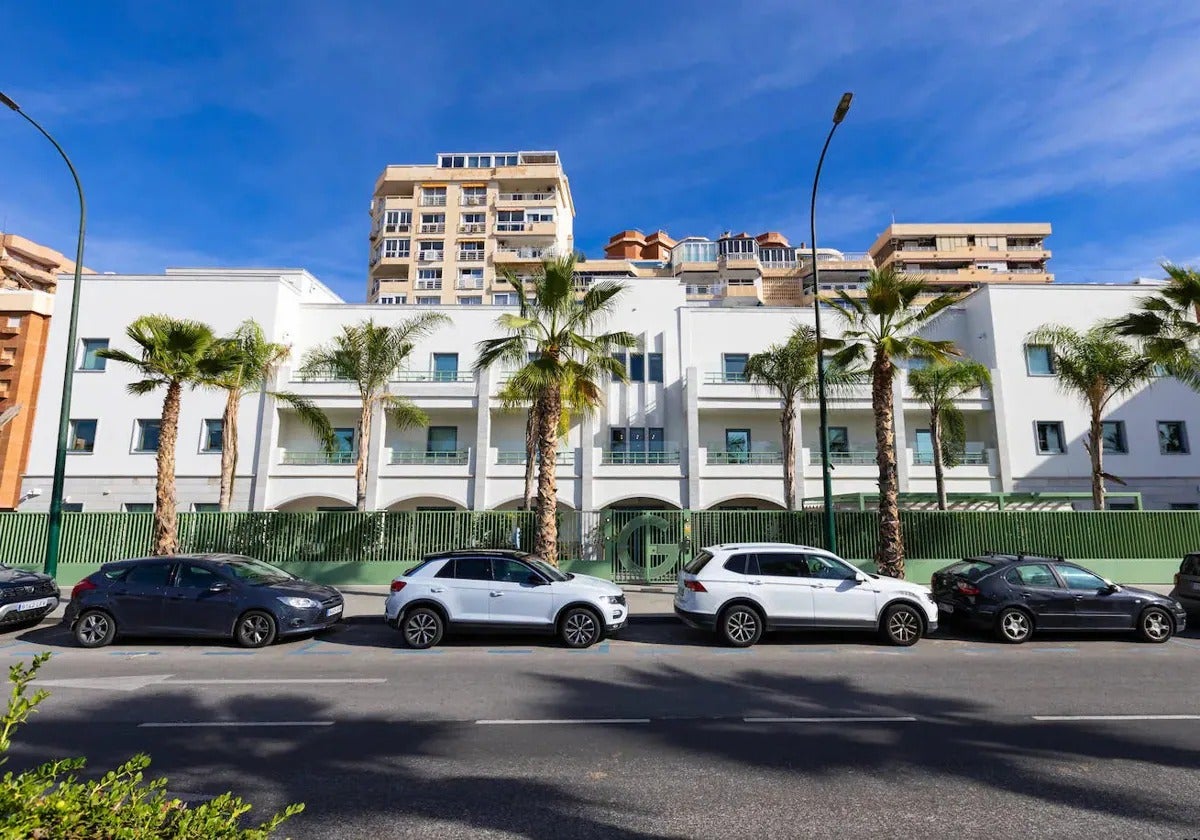It's Google's fault
Will Malaga end up like San Francisco, where many blame the tech companies for the high cost of housing, gentrification and the loss of the soul of what was once the most European city in the US, asks SUR columnist Nuria Triguero
Nuria Triguero
Malaga
Friday, 13 December 2024, 14:02
In the two demonstrations for the right to housing held in Malaga, there were many slogans against uncontrolled tourism and Airbnb, but there were also ... a few (albeit few, it's true) against the tech companies that have settled in Malaga. The argument, which I've also heard in some bar conversations, is that those well-paid professionals, who come from all corners of the world to live and work in Malaga, are taking homes away from the locals.
Are these the first signs of detachment from the tech sector in Malaga? Will we end up like San Francisco, where many blame Google, Meta and others for the high cost of housing, gentrification and the loss of the soul of what was once the most European city in the US? I remember those questions already arose a couple of years ago at Barcamp, the 'off the record' meeting of the crème de la crème of Malaga's tech entrepreneurs. José Florido (co-founder of Panoramio, now at Freepik), who has lived in Berkeley for over a decade, explained how this feeling of rejection towards the companies that made San Francisco one of the cities with the highest concentration of wealth in the world had developed. Listening to him, I couldn't fathom how this could happen in Malaga. "But technology is the best thing that's happened to the city in a long time!"
Now, I no longer find it so far-fetched that a similar movement could take root in Malaga. The housing situation is so dire, and people are so polarised, angry and misinformed, that I believe it's dangerously possible that if someone with the right skills and platform were to spread this theory, it would gain traction. We need scapegoats.
I wish an analytical entity would dedicate itself to scientifically evaluating the economic impact of Malaga's tech boom. The most immediate effects are the rise in salaries for engineers and the opportunities for students in technical fields, who no longer have to leave to find good jobs. But the indirect effects go much further. The report we publish today simply aims to sketch out that impact, which reaches traditional sectors of Malaga's economy. Consulting firms, law offices, schools, architecture and design studios, retail businesses...
Local businesses that provide services to all those companies and international professionals. Family-owned office furniture stores, for example, that have become suppliers for Google... with all that this implies. A steady trickle on Malaga's economy that will generate more productivity, higher salaries and increased income per capita. Will it also contribute to rising prices across the board, including housing? Yes; in economics, there's nothing for free.
The focus shouldn't be that a Google engineer is coming to take your home. It should be that now you (or your son, or your daughter) could also work at Google. I believe the most valuable impact of everything that's happening is intangible: that we finally believe Malaga can be more than just tourism.
¿Tienes una suscripción? Inicia sesión
